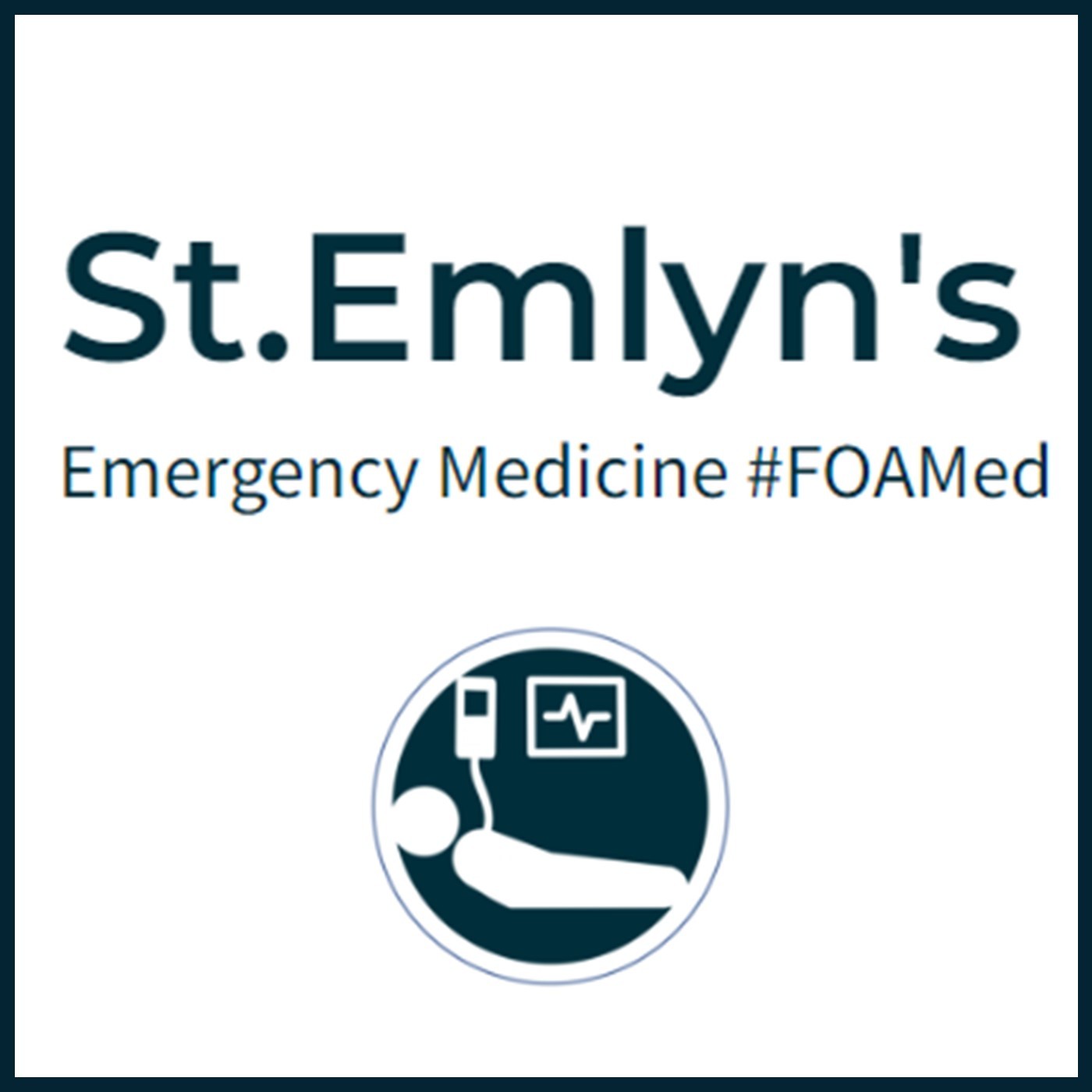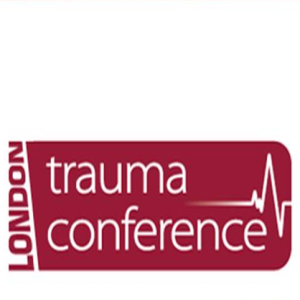
1.3M
Downloads
270
Episodes
A UK based Emergency Medicine podcast for anyone who works in emergency care. The St Emlyn ’s team are all passionate educators and clinicians who strive to bring you the best evidence based education. Our four pillars of learning are evidence-based medicine, clinical excellence, personal development and the philosophical overview of emergency care. We have a strong academic faculty and reputation for high quality education presented through multimedia platforms and articles. St Emlyn’s is a name given to a fictionalised emergency care system. This online clinical space is designed to allow clinical care to be discussed without compromising the safety or confidentiality of patients or clinicians.
Episodes

Wednesday Dec 10, 2014
Ep 30 - London Trauma Conference: Day two round up.
Wednesday Dec 10, 2014
Wednesday Dec 10, 2014
London Trauma Conference Day 2: Comprehensive Summary
Welcome back to the St. Emlyn’s blog. I'm Iain Beardsell, joined by Natalie May, here to recap the second day of the London Trauma Conference at the Royal Geographical Society in Kensington. The day was filled with insightful talks and valuable teaching points, which we’re eager to share with you.
Elderly Trauma: Addressing Under-Triage
The day began with Marius Reigns focusing on the challenges of elderly trauma. Reigns highlighted the growing number of elderly patients in emergency departments and the critical issue of under-triage. Studies indicate that almost 50% of elderly trauma cases are under-triaged, compared to about 20% in younger patients. This leads to missed opportunities to reduce morbidity and mortality. Reigns emphasized the need to recognize the unique factors in elderly trauma, including multiple medical conditions, medication use, and systemic disadvantages in trauma management.
Pediatric Trauma: A Unique Approach
Ross Fischer, a favorite at St. Emlyn’s, delivered an outstanding presentation on pediatric trauma. He stressed the importance of not managing pediatric trauma with the same principles as adult trauma. Children have different injury mechanisms and often require different management strategies. For example, splenic injuries in children are less likely to need surgical intervention compared to adults. Fischer called for more research in pediatric trauma, emphasizing the rarity of these cases and the need for collaborative efforts to determine best practices. He also highlighted the importance of simulation in maintaining skills, noting that emergency physicians might only see one or two cases of pediatric trauma annually.
Obstetric Trauma: Critical Four-Minute Window
Tim Draikot followed with a humorous yet insightful talk on obstetric trauma. He reiterated the critical four-minute window for resuscitation in traumatic maternal cardiac arrest, after which a paramortum C-section should be performed. Draikot emphasized that this procedure is vital for the survival of both mother and child. He stressed the importance of this cognitive protocol—looking at the clock and acting decisively. Draikot’s engaging style made this crucial message resonate, reminding us that swift action can save lives.
Coaching Principles in Emergency Medicine
Tom Evans, a pre-hospital physician and rowing coach, shared fascinating insights on applying coaching principles to emergency medicine. He discussed the importance of clear mental models, focused teamwork, and having a defined endpoint. Evans drew parallels between coaching an elite athlete and managing a trauma team, emphasizing the need to strive for excellence. He posed the thought-provoking question: "What is our Olympics?" Evans’ talk encouraged us to find our own goals and work towards giving 100% in our practice.
The Future of ATLS: Evolving Beyond the Basics
Matt Walsh challenged the current status of Advanced Trauma Life Support (ATLS) in his talk. He argued that ATLS should now be considered a basic rather than an advanced course. Walsh proposed the idea of creating local trauma courses tailored to specific systems and teams, incorporating the latest evidence from conferences and social media. This approach aims to improve patient care by adapting training to local needs and continuously updating it with current best practices.
Afternoon Highlights: Forensic Pathology and Quick Hits
The afternoon session featured the Peter Baskett Memorial Lecture by forensic pathologist Stephen Lead-Beater. Lead-Beater provided a unique perspective on trauma through post-mortem examinations, offering insights that can inform and improve clinical practice. His lecture was both enjoyable and enlightening, adding a valuable dimension to the conference.
In the quick hits session, several key points were discussed:
- Cooling in Isolated Head Injuries: Currently, there's insufficient evidence to support this practice, but further research is anticipated.
- Calcium in Shocked Trauma Patients: It's advisable to consider calcium administration in hypovolemic patients, particularly those with calcium levels below 0.9 mmol/L. For massive transfusion protocols, administering 10 ml of 10% calcium chloride for every four units of blood is recommended.
- IO Access: While intraosseous (IO) access remains a vital option, especially for rapid sequence intubation (RSI), it's not the ultimate solution. The debate continues on whether IO can effectively deliver blood due to potential hemolysis issues.
- FAST Scanning: The role of FAST (Focused Assessment with Sonography for Trauma) scanning in stable patients is diminishing. Operator dependence and declining performance outside research centers are concerns. However, ultrasound's evolving role in assessing general shock remains significant.
- Social Media in Trauma Care: Connor Deasy highlighted the importance of social media in trauma care, with St. Emlyn’s receiving notable mentions for its contributions.
Conclusion and Looking Ahead
The second day of the London Trauma Conference has been immensely rewarding, offering a wealth of knowledge and practical insights. From the challenges of elderly and pediatric trauma to the critical timelines in obstetric emergencies, the talks have reinforced the need for continuous learning and adaptation in emergency medicine.
As we look forward to day three, focusing on air ambulance work and pre-hospital care, we hope you’ve found these recaps useful. Follow the discussions on Twitter for real-time updates and join us again tomorrow for more highlights.
Thank you for reading, and stay tuned for our next update from the London Trauma Conference. Take care and keep striving for excellence in your practice.

Comments (0)
To leave or reply to comments, please download free Podbean or
No Comments
To leave or reply to comments,
please download free Podbean App.